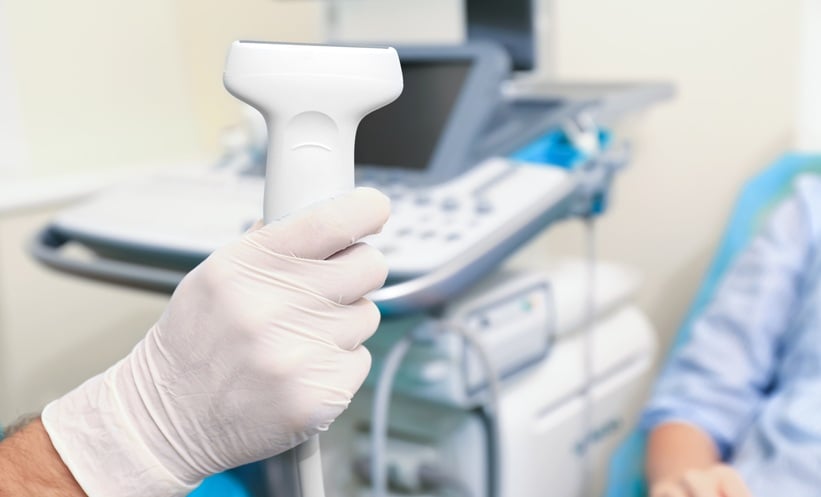Rheumatoid arthritis (RA) has long been linked to increased cardiovascular disease risk, and new findings using speckle tracking strain ultrasonography reveal the extent of subclinical vascular damage in this patient population. A recent case-control study has demonstrated that RA patients exhibit significantly increased carotid artery stiffness and impaired strain parameters—signs that may precede classical imaging markers like increased intima-media thickness and plaque formation.
Conducted at Aydin Adnan Menderes University Hospital, the study assessed 75 RA patients and 68 age- and sex-matched healthy controls using a non-invasive ultrasound modality enhanced by speckle tracking carotid strain software. Patients with RA showed statistically significant abnormalities in nearly all strain and stiffness parameters in both axial and longitudinal planes compared with healthy subjects. Only one parameter, circumferential strain displacement, did not show a significant difference.
Inflammatory markers were also elevated in the RA group, with median C-reactive protein (CRP) levels significantly higher than in controls. Although disease activity scores did not correlate directly with stiffness or strain measures, intima-media thickness increased significantly with disease duration, highlighting the progressive vascular impact of RA.
Even after adjusting for common cardiovascular risk factors such as age, BMI, and smoking, RA remained an independent predictor of arterial wall stiffness in multivariate analysis. These findings suggest that speckle tracking carotid strain ultrasonography could serve as a sensitive tool for early cardiovascular risk assessment in RA, potentially enabling earlier preventive strategies.
References:
Tasci V et al. Assessment of carotid stiffness and strain parameters using speckle tracking strain ultrasonography in rheumatoid arthritis patients. Rev Cardiovasc Med. 2025;26(4):27092.








